Your sewer line is one of the most crucial components of your household plumbing. When it becomes damaged or clogged, it can lead to significant and costly issues on your property. Early detection of a sewer line blockage can save you from expensive repairs and major inconveniences. Here are the key warning signs to watch out for:
Slow Draining Sinks and Bathtubs
One of the first indicators of a sewer line problem is slow drainage in sinks, toilets, and bathtubs. If you notice that multiple fixtures are draining slowly or not at all, it’s a clear sign of a blockage. For instance, if you run the washing machine and the toilet overflows or the laundry room sink backs up, there’s likely a clog somewhere in the drainpipes.
Additionally, gurgling sounds when you flush the toilet could indicate a blockage. These noises might mean that tree roots have infiltrated your sewer line, which is a common cause of sewer problems. Tree roots can penetrate older sewer pipes made of clay or concrete, growing inside the pipes and trapping debris until a clog forms.
Constant Need to Plunge
Frequent toilet clogs that require constant plunging are another sign of a deeper issue in your sewer line. If your kitchen sink is also clogging or draining slowly more often than usual, it suggests that the clog is not localized but rather in the main sewer line. Multiple slow drains in your home are the best indicator of a significant blockage in your sewer system.
Common Sewer Problems
Several issues commonly affect sewer lines, including:
- Tree Roots: Roots can quickly damage sewer lines, particularly in older homes with clay or concrete pipes.
- Broken, Collapsed, Cracked, or Misaligned Pipes: Shifting soil or frozen ground can cause these problems.
- Blockages: Grease or other objects can restrict water flow.
- Pipe Corrosion or Deterioration: Older pipes made of materials other than PVC are prone to deterioration.
- Bellied Pipes: Sections of the pipe that have sunk create areas for waste to converge.
- Leaking Joints: Broken seals between pipes allow water to escape.
How to Prevent Sewer Line Problems
Preventative maintenance is crucial for avoiding major sewer line issues. Have your septic tank inspected every three to five years by a professional. Regular inspections can identify potential problems early, allowing for minor repairs instead of costly replacements.
Simple cleaning or spot repairs can often resolve issues if caught early. If a problem is too advanced, a camera inspection can pinpoint the source, and your technician can advise you on the best course of action.
Is Replacement More Affordable?
In some cases, replacing the sewer line might be more cost-effective in the long run, especially if the pipes are made of inferior materials. Replacement can prevent severe future problems and be more economical than repeated repairs.
Common Causes of Sewer Backups
Sewer backups can cause significant damage to your home. Here are three common causes:
- Tree Roots: Roots are the primary cause of sewer line clogs, particularly in older homes. Heavy roots can crack and crush pipes, causing slow-flowing drains and gurgling noises in toilets.
- Clogged Drains: Main sewer lines can become clogged just like regular drains. Keep track of issues with multiple fixtures to determine if the main sewer line is blocked.
- Damaged Sewer Lines: Broken, cracked, or collapsed lines, especially in older homes with cast iron or clay pipes, can lead to backups.
Getting Professional Help
A sewer clog cannot be treated with a plunger or over-the-counter chemicals. Professional cleaning with a Roto-Rooter machine is necessary to clear roots and debris from the sewer line. This machine uses a strong steel cable with a sharp blade to cut away obstructions. If the machine can’t clear the blockage, a video camera inspection can determine the cause and location of the clog, allowing for appropriate repair recommendations.
At the first sign of a sewer line blockage, contact a plumbing professional for assistance. Prompt action can prevent further damage and costly repairs. For expert help, call Secaucus Plumbing at 201-467-8617 today.
